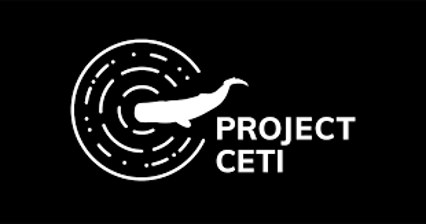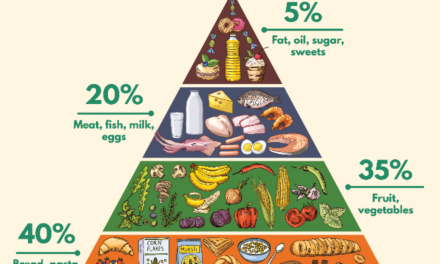Abigail Yarrison ’24, Editor in Chief
The ocean. One of the great mysteries of our planet. Only about 5% of the ocean has been explored and charted. The number of species that live in the world’s oceans is unknown, but scientists estimate it to be around 2.1 million species. Of those, mammals make up a small part. Cetaceans— whales, dolphins, and porpoises— are the largest group of marine mammals. These animals have been studied for their unique family pods and intellectual use of language. Recently, behavioral ecologist Shane Gero from Denmark has been intensely studying sperm whales.
Sperm whales are the largest toothed whales. They also boast the largest brains of any animal. They are found all over the world in temperate and tropical ocean waters. Their diet consists of mainly squids, but they’ll swallow an octopus or an ocean floor-dwelling fish when they get the chance. Sperm whales have a population of about 350,000, and although their numbers are on the rise, they are still considered endangered.
Source: The Independent
Studies done on sperm whales, including Shane Gero’s Dominican Sperm Whale Project (DSWP) have found that these whales have higher levels of functioning. This means they express emotions like love, pain, and intuition. The DSWP has delved into sperm whale communication to reveal multiple dialects in the language which makes them all the more intriguing.
Sperm whale language has entranced Gero. In April 2021, in collaboration with biologists, software engineers, computer scientists, and linguists, Gero launched his newest research project: Project CETI, Cetacean Translation Initiative. This ambitious project’s objective is to understand and translate sperm whale language. In the hopes of talking back.
“We are hoping to ignite a worldwide movement to reshape our relationship with life on earth and connect to and learn from nature,” says David Gruber, the co-founder and leader of Project CETI. Along with Gero, Gruber has been a key player in the design and function of CETI. With so many great minds, the CETI team plans to use Machine Learning (ML) to analyze and translate the data collected from the whale songs. Machine Learning is a type of AI-based on the idea that systems can learn from data, identify patterns, and make decisions by themselves. ML will hopefully be able to make connections in the whale conversations recorded to essentially document the systems of their language which linguists and others can then use to translate and possibly communicate with the sperm whales. However, there aren’t many recorded conversations between sperm whales, so before ML can get started the initial phase of CETI will be all about data collection.
Of course, it isn’t as easy as it sounds. The first problem is designing a device that collects large amounts of data, withstands speeds up to 30 miles per hour, depths up to 2,000 meters, and temperatures as low as a few degrees Celsius (32-40 degrees Fahrenheit). The robotics teams have designed tags that can be attached to the whale. Once full of data or low on battery, they can be detached and will float to the surface for collection.
This brings about the second problem: attaching the tags to the whale’s skin. Whale skin is thick, but they shed frequently. The tags need to be able to grip strongly to the whale skin without damaging it or hurting the whale. A prototype was created that uses suction cups to attach to the whale. They also intend to develop other data collectors such as robotic fish, buoys, and possibly amphibious drones.
Project CETI is a huge step for science and the general population. We’ve been so caught up in looking for extraterrestrial voices that we forgot about the ones on our own planet. If CETI succeeds they will “redefine our very understanding of the word ‘we.’” Understanding and communicating the sperm whale language might be the event that wakes up the world, shakes it to its core, and makes it realize we’re not the only ones here. We have a responsibility to protect the natural world and make sure all species— from human, to butterfly, to sperm whale— are all thriving.





